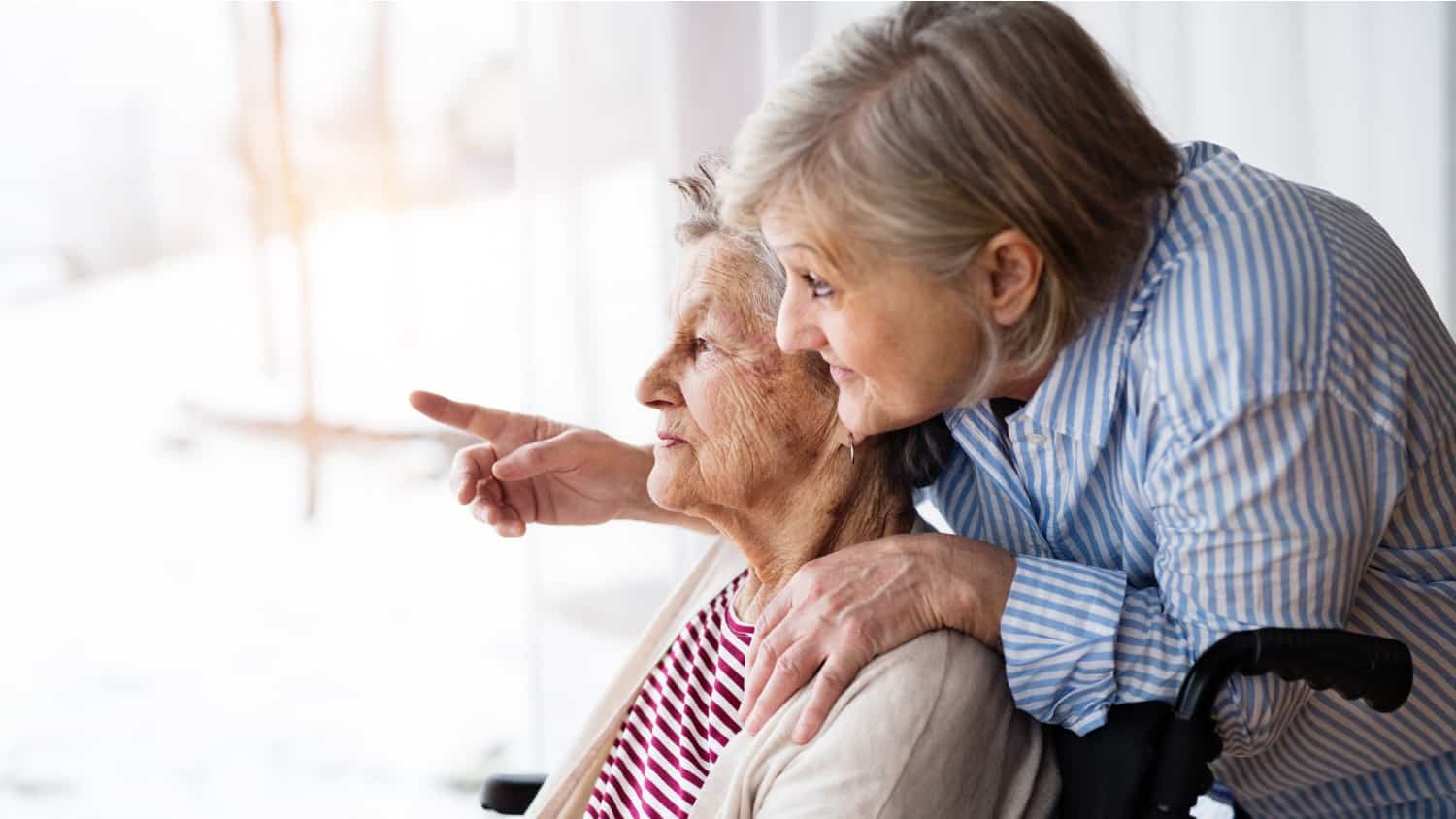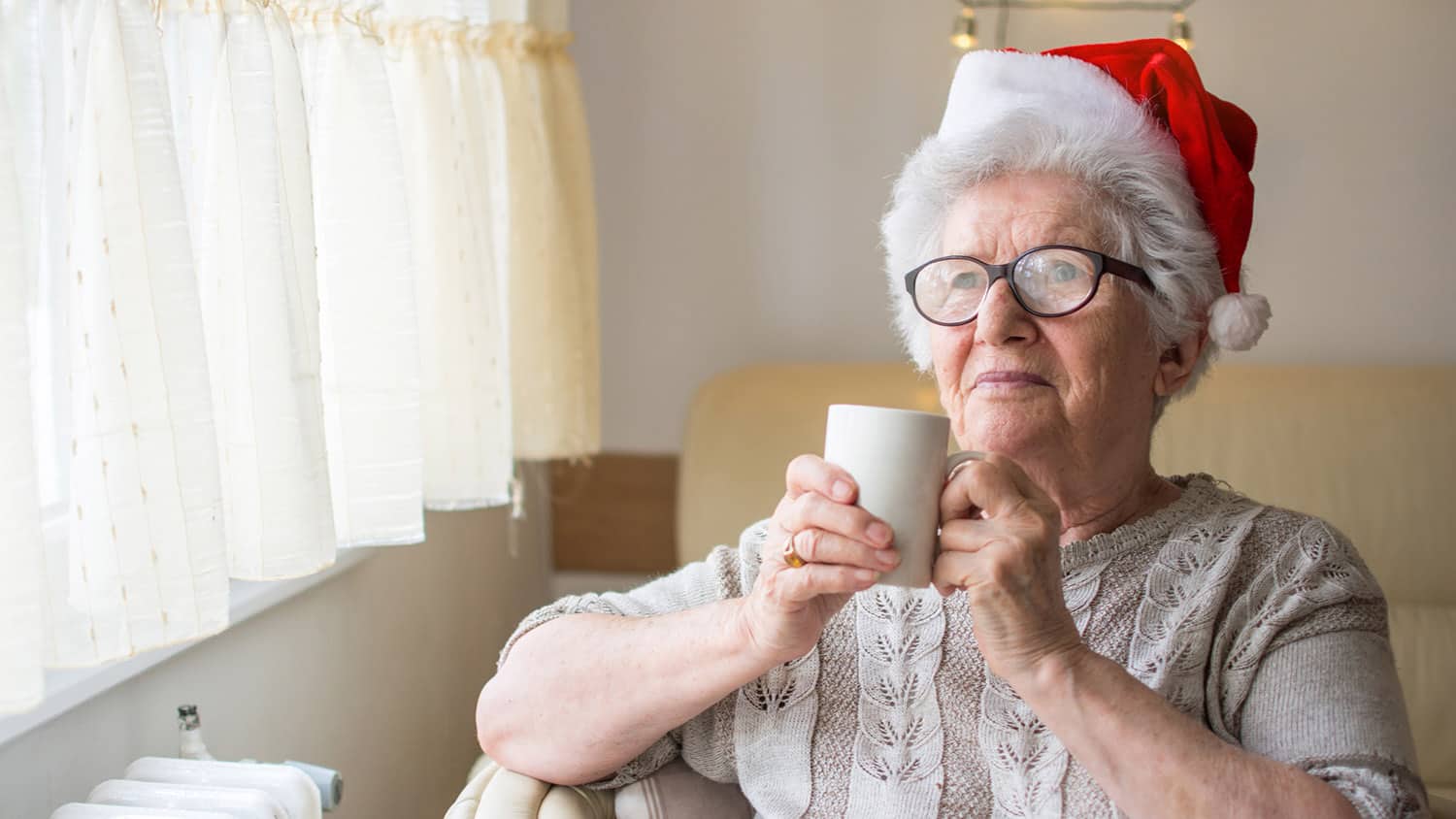
Dying Matters – Changing the Way Society Views Death and Dying (Video)
On the surface, saying that dying matters, seems so obvious that it’s not worth mentioning. After all, what could be more important than our mortality? We are here on this amazing planet for such a short period of time. Death is the ultimate destination that, in many ways, gives our lives meaning.
On the other hand, death is also a topic that few of us like to talk about. We may, on a subconscious level, understand that we are mortal. But, we continue to live our lives as if we will be here forever. Thinking about dying is usually a lonely, sad experience.
Dying Matters, but, Not for the Reasons You Think
Claire Henry is the CEO of the UK-based National Council for Palliative Care (NCPC). She has worked in palliative and hospice care all of her life and she is on a mission to start honest conversations about death and dying.
Dying Matters is an organization that is a part of the National Council for Palliative Care. It was formed in 2008 as a broad coalition of groups that are focuses on death and dying related topics.
I recently had a chance to sit down with Claire to talk about dying matters. Given my own background in hospice care, I was extremely excited to hear what she had to say about this important initiative. Enjoy the show!
Why Don’t We Like to Talk About Death?
Claire and I started by talking about how, in modern society, we simply don’t like to talk about death and dying. We have medicalized every aspect of the dying process.
This is not true in every culture. In the west, we tend to hide behind euphemisms when it comes to death-related conversations. In many countries, there is a much more open dialog about the process of dying. Dying matters hopes to bring a more balanced and open perspective on death and dying to countries like the U.S., U.K and others.
Of course, not all conversations about death need to be philosophical. There are several practical considerations that all of us have to make as well. The more comfortable we feel talking about death, the greater the chance will be that we will plan for our own passing.
Here are a few suggestions from Claire.
Make Sure that You Have a Will
Many women in the Sixty and Me community have told me that their greatest fear about dying is leaving their loved ones behind. These women are worried about the emotional and financial stress that they will leave behind. The good news is that stating your financial and medical wishes in writing can help to reduce pain and suffering for your loved ones when you pass away.
Once again, you might think that this is so obvious as to not be worth mentioning. Perhaps, but, did you know that only 32% of people in the UK have a will? If you fall into this category, it may be time to put your wishes down on paper.
Plan Your Funeral
Do you want to be cremated or buried? Or, would you prefer to have your ashes spread in a special place? Would you perhaps like to use a Bios Urn to become a beautiful tree?
Whatever your personal wishes, Dying Matters can help. They provide templates for planning your funeral, so that it can be a celebration of your life.
Consider Organ Donation
In my opinion, becoming an organ donor is one of the best decisions that you can ever make. Most people aren’t against being an organ donor – they simply never take the time to fill in the forms. As a result, thousands of people around the world die unnecessarily every year.
Dying Matters provides a great deal of information about organ donation for people living in the U.K. If you live in the U.S., a simple Google search will give you all of the information that you need to become an organ donor. Please take a few minutes to do this now. If everyone in our community signed up to be an organ donor, we could save several lives.
Get Your Finances in Order
No matter what your financial situation is, it’s important to get your affairs in order. Having talked with many women facing terminal illnesses, I can tell you that the last thing that you want to think about when you’re sick is money.
Ironically, the best time to get your finances in order is when death isn’t even in sight. This way, you can plan for your debts and commitments with a clear head.
Life is fragile and you never know when the unexpected will happen. If it does, you don’t want to leave your family with unpleasant surprises.
What About Non-Practical Issues?
Beyond the practical issues mentioned above, Death Matters also drives efforts to help bereaved families. They also support the work of the Death Cafes that are popping up around the world. By the way, you should definitely check out my interview with Jon Underwood if you are interested in finding out more about Death Cafes.
I hope that you enjoyed my conversation with Claire Henry. If you have any specific questions for Claire, please add them in the comments below.
Do you think that society is, on the whole, too cautious when it comes to talking about death? Have you taken any of the practical steps listed in this article? Please join the conversation.






